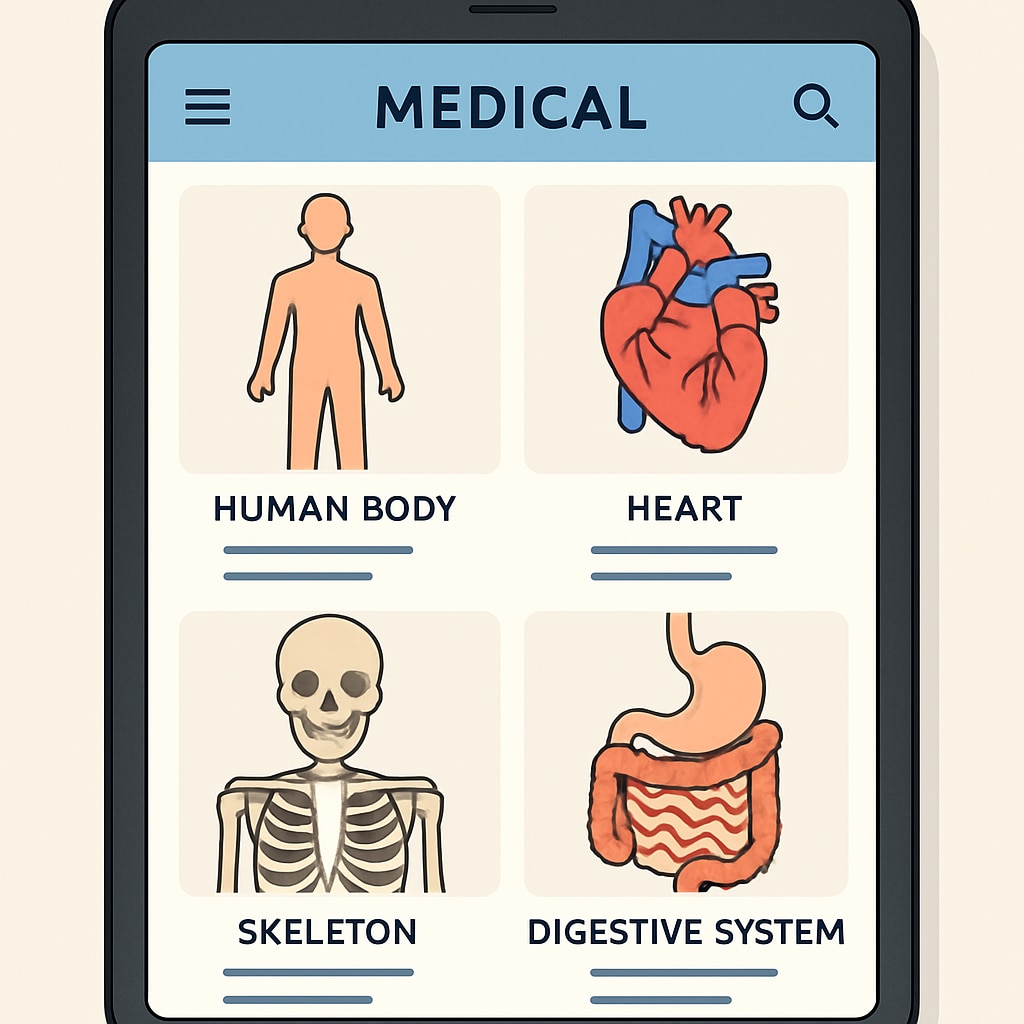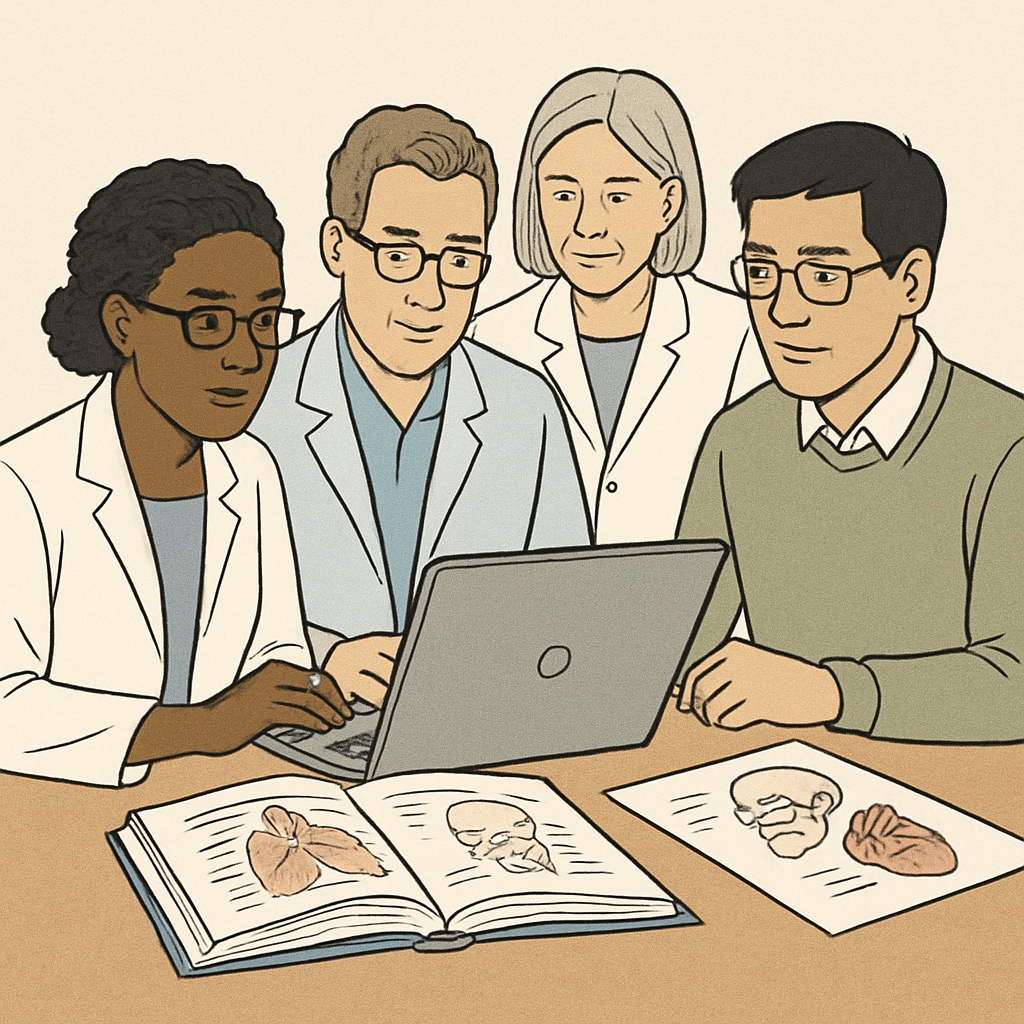Medical education, non-medical backgrounds, and online courses present both challenges and opportunities for K12 educators seeking specialized knowledge. Many teachers face the dilemma of resources being either too technical or overly simplified when exploring medical topics. This guide provides a structured approach to overcoming these barriers through carefully selected learning pathways.
Bridging the Knowledge Gap for Educators
For educators without medical training, the first step involves identifying reliable sources that explain complex concepts clearly. The Coursera platform offers numerous medical courses designed for beginners, while the Khan Academy provides excellent foundational content. Key considerations include:
- Prioritizing courses with clear learning objectives
- Choosing programs with interactive elements
- Looking for certifications that validate your learning

Structured Learning Pathways for Medical Topics
Effective medical education for non-specialists requires a graduated approach. Start with general overviews before progressing to specialized content. Recommended progression:
- Basic human biology and physiology
- Common medical conditions affecting school-age children
- Mental health fundamentals
- First aid and emergency response
Many universities now offer open courseware that makes medical education more accessible. For example, Harvard’s HarvardX program provides free introductory courses in various medical disciplines.

Practical Applications in Educational Settings
When implementing medical knowledge in K12 environments, focus on practical applications rather than theoretical depth. Consider these implementation strategies:
- Develop age-appropriate health education modules
- Create cross-curricular connections with science topics
- Incorporate basic medical awareness into physical education
Remember that the goal isn’t to become medical professionals, but rather to enhance your ability to support student health and wellness through informed understanding.


